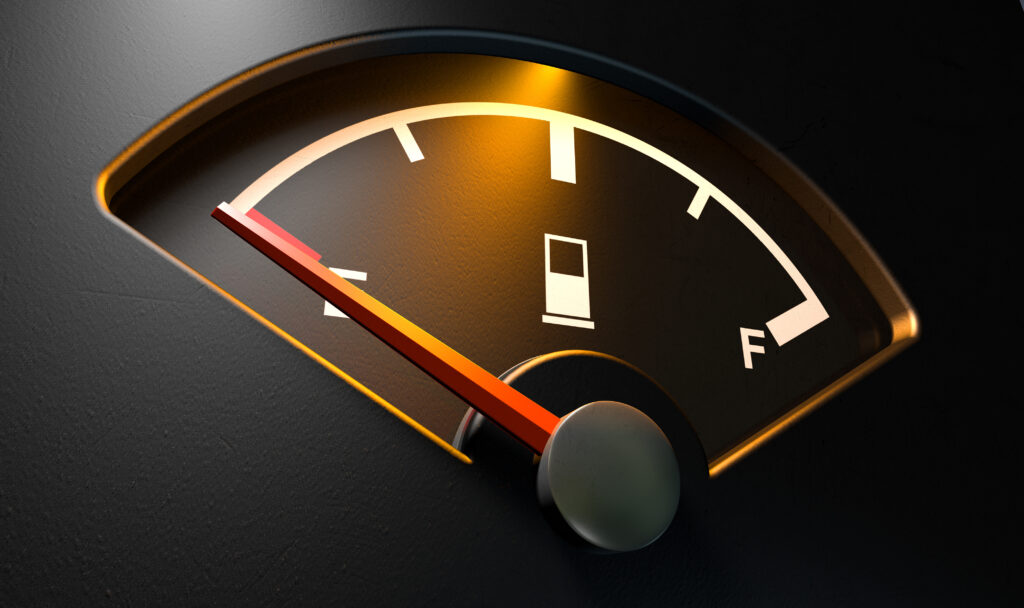
Gasoline can represent a significant expense, especially for people who commute long distances, have active families participating in numerous activities, and enjoy long road trips. Even the best high mile per gallon (mpg) cars use fuel. Fortunately, there are several ways to help maximize your vehicle’s gas mileage to save money on fuel. If you’re wondering how to increase MPG in your vehicle, keep reading for our best tips below.
How to Increase MPG (Miles Per Gallon)
1. Drive more efficiently.
Accelerate slowly, maintain a steady speed, and avoid sudden stops and starts to reduce fuel consumption and increase gas mileage.
2. Avoid idling.
Idling your car wastes fuel and reduces gas mileage. Turn off your engine if you are stopped for more than a minute. In some areas, idling is against the rules, so it’s wise to get into the habit of turning off your car when you are stopped for long periods.
3. Reduce weight.
The more weight your vehicle carries, the more fuel it consumes. Remove unnecessary items from your car, such as heavy tools or sports equipment. Clean out your trunk regularly to reduce the total amount of unnecessary weight you carry.
4. Use cruise control.
Cruise control can help maintain a consistent speed and increase your gas mileage when driving on the highway.
5. Plan your trips.
Try to consolidate your trips and plan your routes in advance to avoid unnecessary driving to help reduce fuel consumption.
6. Check tire pressure.
When you put gas in your car, take a few minutes to check that your tires are properly inflated, which can improve fuel efficiency by reducing rolling resistance.
7. Keep track of your fuel consumption.
Many modern cars display your mpg on the dashboard. Pay attention to your average fuel consumption and check in with your mechanic if your car uses more gasoline. It may be less expensive to fix a problem early on than waiting until a significant part or system needs repairs.
How to Increase MPG With Help From Your Mechanic
Ask our mechanic can perform a tune-up on your car, which includes checking and replacing spark plugs, air filters, and other components that affect fuel efficiency. They can also inspect and clean the fuel system, including the fuel injectors, pump, and filter. A clean fuel system ensures that your engine is running efficiently.
The oxygen sensor measures the amount of oxygen in the exhaust and helps the engine run more efficiently. If the oxygen sensor is faulty, your mechanic can replace it to improve fuel efficiency. Ask them to check the exhaust system for leaks, which can cause fuel to be wasted and reduce gas mileage.
By working with your mechanic to maintain your vehicle and address any fuel efficiency issues, you can reduce fuel consumption and save money on gas.
Shop Our Inventory Today
At some point, replacing your used car with a newer, nicer, and more fuel-efficient model is necessary. Check out our extensive inventory of high-quality pre-owned vehicles at our locations across Arizona, including Mesa, Chandler, South Phoenix, Glendale, Avondale, and Phoenix.
Our customers enjoy a simple loan approval process, our AA Advantage Program, a worry-free limited warranty, and one full year of no-cost oil changes.
